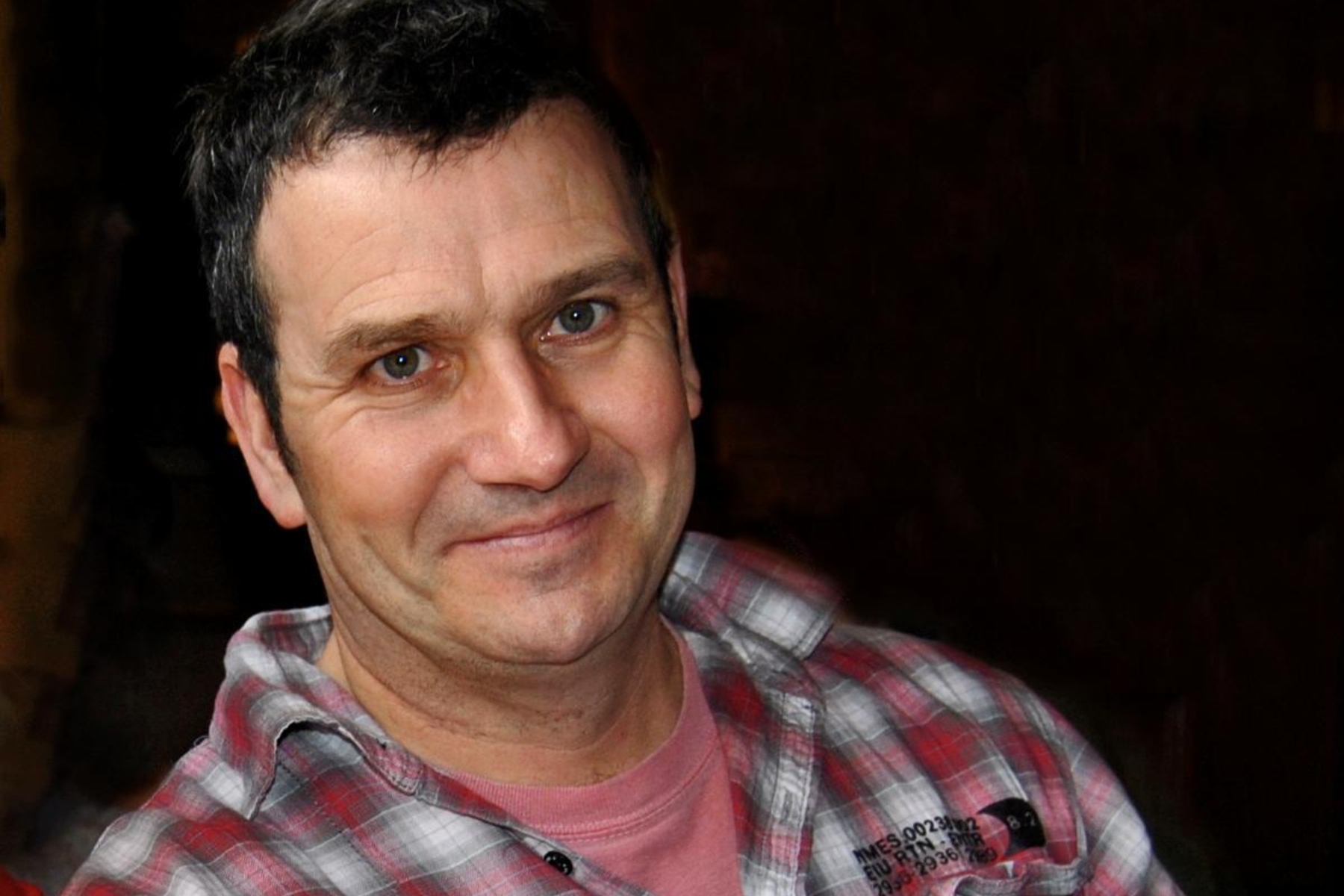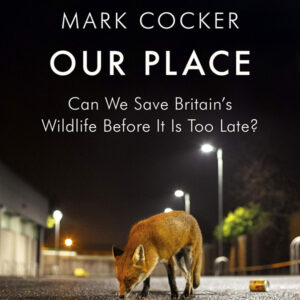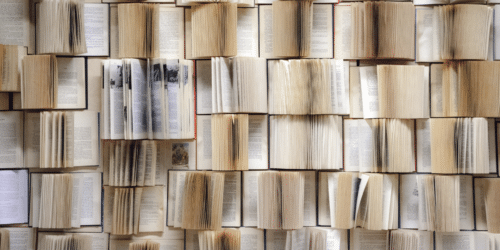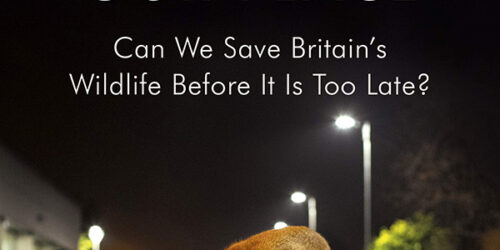
Over December and January, our (virtual) NCW Book Club is Our Place: Can We Save Britain’s Wildlife Before It’s Too Late? by Mark Cocker. We hope you’ll join us in reading the book, and that you’ll join the discussion in our Discord community or one of our Zoom discussion sessions.
 In the meantime, here are some questions that you might like to consider or discuss with friends, family and fellow members of the Book Club as you make your way through the book.
In the meantime, here are some questions that you might like to consider or discuss with friends, family and fellow members of the Book Club as you make your way through the book.
We’d love to hear your thoughts on Our Place, and any other questions that the book sparks for you. See our post here to find out about all the different ways you can get involved.
Members of the Book Club can purchase Our Place with a 10% discount from our friends at The Book Hive – and there’s still plenty of time to read along with us!
Happy reading!
Reading creative non-fiction
This is the first work of non-fiction we’ve read together for the Book Club. How does your experience of reading Our Place compare to the other books we’ve read together, or other books you’ve enjoyed recently or in the past? Does it feel the same, similar or different to reading fiction and poetry? Do you think there is a difference between creative non-fiction writing like Our Place and other non-fiction writing, and if so, what might this be?
Mark Cocker refers to a huge array of sources to build the argument of Our Place, ranging from 2013’s State of Nature report to historical court documents to statistics about land ownership and other matters. Are the sources used in different ways at different points in the book? Why do you think this is? Do you find these sources convincing and reliable? How do the sources serve the purpose of the book?
Mark Cocker is known for his ‘nature writing’, but Our Place brings together several different modes of writing, combining natural history, cultural history, memoir, travel writing, polemic etc. Why do you think this is, and what does it allow Mark Cocker to do? How do you relate to these different ways of writing, as a reader? Are there any other genres or ways of writing that you think Mark Cocker uses? Do you think ‘nature writing’ is an accurate way to categorise Our Place? If not, what else would you call it?
Scale and perspective
The first chapter of Our Place sees Mark Cocker describe the history and ecology of his piece of land in Claxton, Norfolk, as well as his hopes for what it might become. Why do you think Cocker begins the book by looking at this single, small field? What is the impact of beginning with the history, present and imagined future of one place?
Much of Our Place is structured around a journey, and Mark Cocker uses his walk around the Norfolk Coastal Path as a jumping-off point for other topics. What is the effect of using the journey in this way? Do you think it is a useful way to frame the narrative and argument of the book? What does it allow Cocker to do? What connections can you find between this Norfolk journey and other places and journeys – either in the book, or in your own locality or experience?
One of the key questions in Our Place is whether efforts towards the protection and conservation of nature to date have been too numerous and diffuse to be truly effective, and that a ‘recognisable single voice for all environmentalists’ might be needed. What strengths and weaknesses do local, regional, national and international campaigns and organisations have in tackling the decline of nature? How has Mark Cocker represented these different approaches, and do you agree or disagree with him on this central issue?
The book’s title implies collective ownership of a place. Who do you think this ‘we’ is? Where is this place that belongs to them? Why do you think Mark Cocker has chosen this title?
Nature versus culture?
From the very beginning, Mark Cocker opens chapters with quotations from poems, and makes references to artworks by Jeremy Deller and works by writers and philosophers such as Rousseau. Why do you think he uses works of art in this way? What does it bring (or take away from) a book about nature, and which we might usually associate more with natural sciences than with culture and the arts? How do you feel personally about the mix of art and science running through Our Place?
Early on in Our Place, Mark Cocker recounts the story of living and working in a carpark to protect the nest of a rare species of bird. How does Mark Cocker invite us to view different species, and how would you describe the relationship between people and nature in this episode? How has Mark Cocker chosen to write this passage, and what effect does it have on us as readers? What other relationships between people and different species can you identify throughout the book, and how would you characterise these relationships?
There is a real sense of urgency pervading Our Place, as Mark Cocker seeks to untangle why, despite longstanding efforts and public support for conservation, British wildlife is in freefall, and what might be done about it. Having read the book, do you feel inspired to action, or a sense of hope, or something else? Have your feelings about nature changed at all? Do you think writing about nature has an important part to play in conservation, and can it make a practical difference in the effort to save wildlife? How does Mark Cocker address these questions in the book, and do you agree with him?
You may also like...
Read three of the best poetry collections based in the East of England
Our weekly spotlight on an East Anglian Book Awards 2023 shortlist

19th December 2023
NCW Book Club: Our Place by Mark Cocker
Join us and share your passion for reading

5th November 2020
10 inspiring books for our future
A list of must-read books by Owen Sheers’ International Literature Showcase selected writers

23rd May 2020






